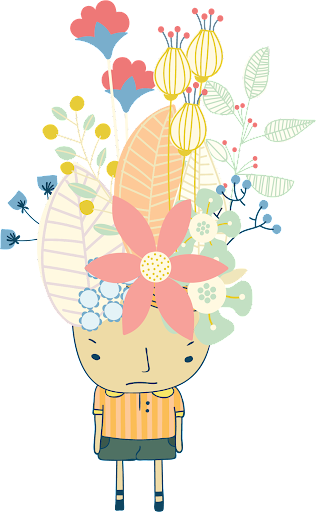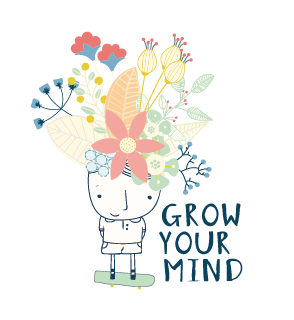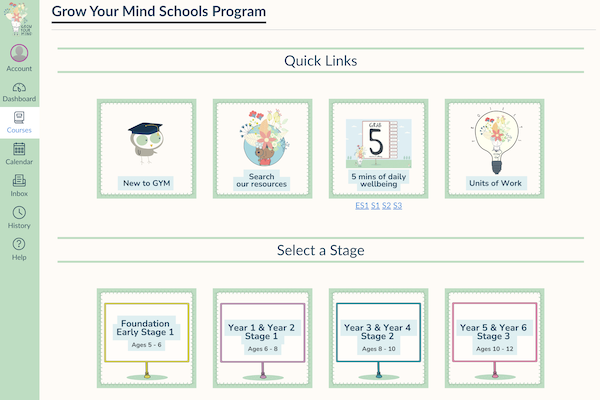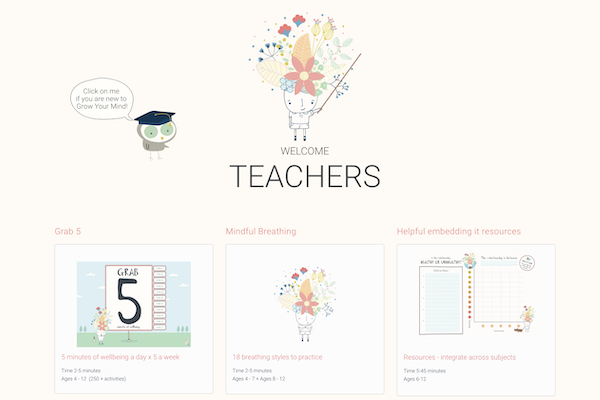Star of the Show: The Sifting Sooty aka the Reticular Activating System
Focus Character Strengths: Social Intelligence, Curiosity and Generosity
Do you think people are doing the best they can?
For example, someone cuts you off in traffic. Or a friend doesn’t call you back in a timely fashion. Perhaps a person in the street doesn’t greet your smile with a smile back. Where do your assumptions generally go?!

In a primary school context for a child it might be the following scenarios:
My friends are laughing about something.
I don’t get invited to a sleepover.
My teacher told me off for something I didn’t do.
What conclusions are generally made about these examples?
Last podcast episode and song were focused on boundaries. The reason we planned for those resources to come out the week before the Generous Assumptions song + episode is because research by Dr Brené Brown revealed that bounderied people are the most compassionate and the most willing to assume the best.
Why? Because so often our boundaries are silent, we don’t vocalise them but when people cross our invisible line we assume the absolute worst. Assuming the best probably makes life a lot more enjoyable, but again it isn’t an easy habit to adopt!
What if we taught kids to recognise that our brains create stories about real life scenarios. These stories are not always helpful, in fact when we don’t make a positive appraisal about a situation we tend to skip over evidence and head straight for the worst possible interpretation of an event. This has a number of pitfalls, with a big one being that we end up in unnecessary conflict with our friends and family.
The star of the show this week is the Sifting Sooty (aka the reticular activating system). Our Sifting Sooty helps us to focus and blocks out distractions. It’s this week’s star because we want to inspire children to be careful where they are putting their focus. We are hoping that this episode encourages kids to look for evidence and to have a skill set to make a positive reappraisal of the situation.
During the Generous Assumptions episode, the hosts showcase what can happen when we assume the worst straight away AND what the end result might be if we choose curiosity first. It’s a choose your own adventure style episode again. We really wanted kids to see the power of pausing, asking questions and being generous with our assumptions as opposed to creating and believing unhelpful and untrue stories.

Unhelpful thinking styles is a concept we have been trying to raise awareness about in kids since we began our small social venture. We call it shark thinking. We have nothing against sharks in the real world. We just aren’t fans of thoughts that hurt us and limit our ability to thrive. In this week’s episode the hosts share a playful way to quieten down their pesky shark thoughts: give it a name. E.g. Shhhh Bert or Shhh Gertrude!
In this week’s student podcast journal we have included a reflection sheet to get students to practice challenging their unhelpful thoughts by identifying when their shark voice is loudest, what it is most likely to say and countering it by coming up with a positive affirmation & a ridiculous name to take its power away.

The episode also encourages kids to use curiosity & social intelligence to aid them to be problem solvers. We are hoping to encourage kids to slowly separate how they feel from how they react. We want to see them armed with the tools to know when they are ready to solve a problem on their own and when they need help.
We are thrilled to be able to create the choose your own adventure option again. It seems a powerful and effective way to showcase that our choices matter! A spoiler alert here: the ending is much happier for our hosts when they assume the best as opposed to jumping to conclusions. As one of the hosts summarises:
“Yeah, I think I must be getting wise for my age. Either that or I’m growing my social intelligence strength… you know… being aware of the motives and feelings of myself and others.
Also – I had an a-ha moment recently. I realised most times fights are misunderstandings. And basically, if your intentions are good, everything usually works out okay.”
Dr Brené Brown shares another strategy for avoiding unnecessary and unproductive conflict. And that is to begin with “The story I am telling myself is….” We have since adopted this when dealing with in-house tensions and in our personal relationships too. It is a game changer.
Recently I broke a bad habit that had been building between my daughter and I. One whereby I am continually growling at her for leaving wet towels on the floor. Usually this begins with a demand to pick up said towel followed by a mini Ted talk by me on being a helper, on how hard myself and her Dad are working. Her eyes would generally glaze over and we were always left feeling less connected. This time round I started with “Your wet towels are on the floor, the story I am telling myself is that you can’t be bothered and think someone else should pick it up.” To which, my wise 11 year old responded with: “That’s an interesting story, but it’s fictional. I don’t want or expect anyone else to pick it up, I am just forgetful. I’ll go sort it now.” DONE. No more long lectures. Connection strong.
Why has it taken me this long?!
Here’s hoping that our little podcast can start these habits earlier in life.




